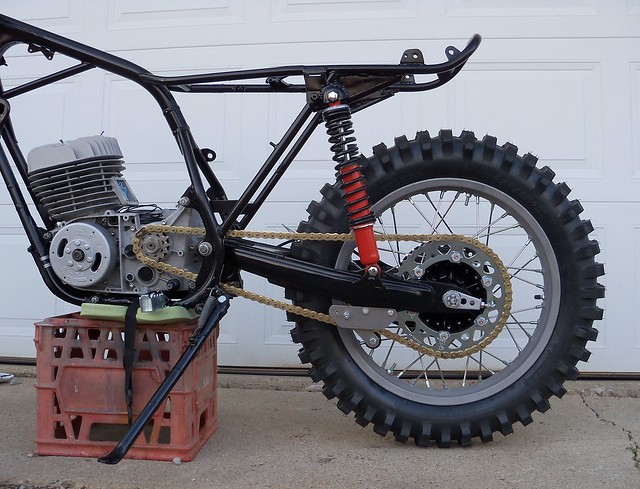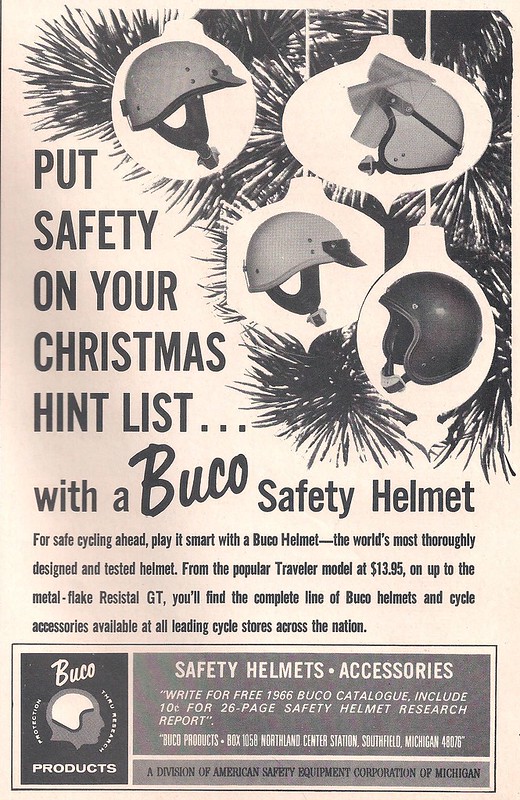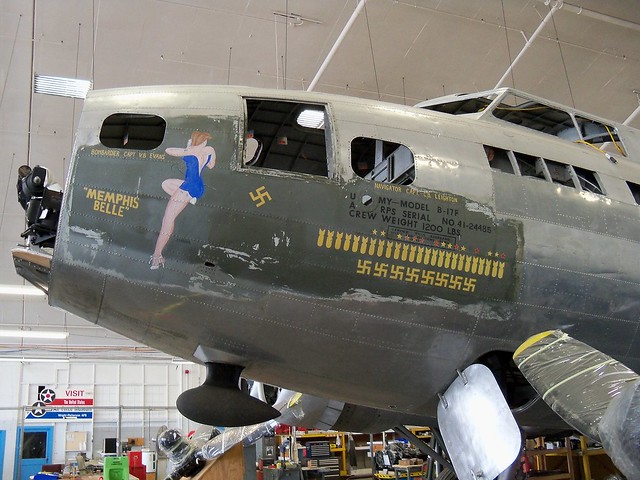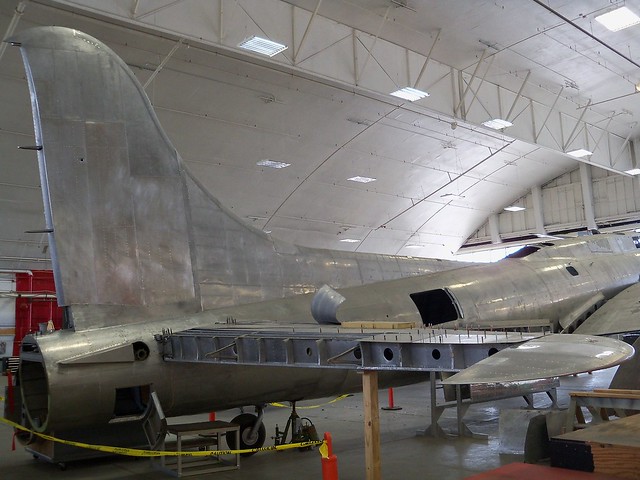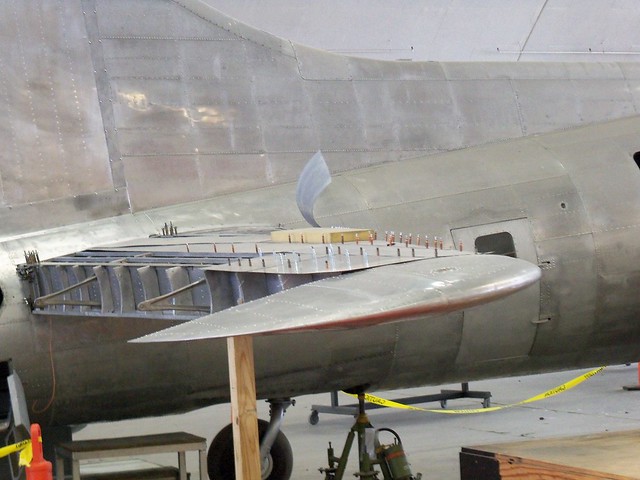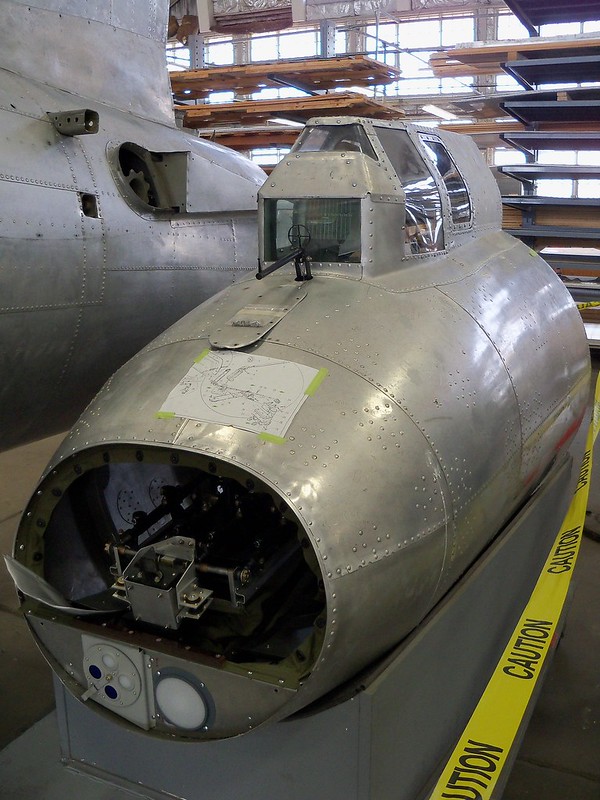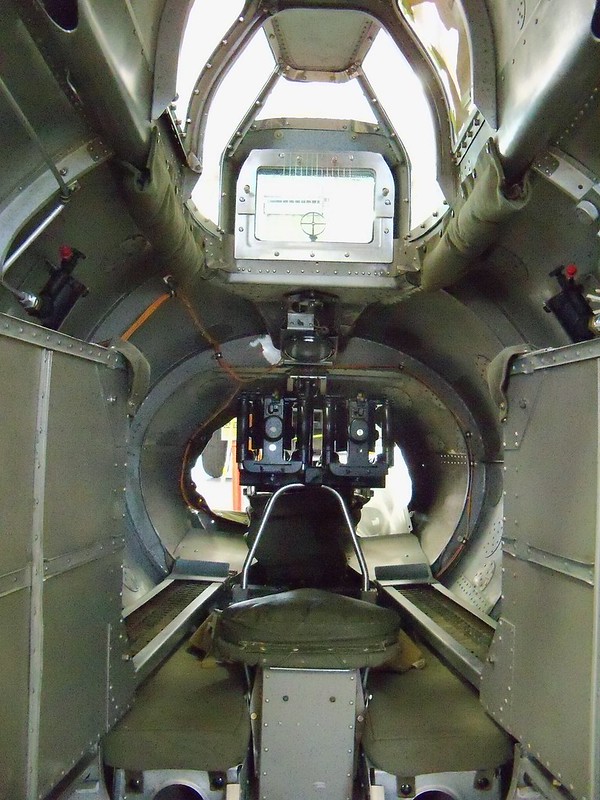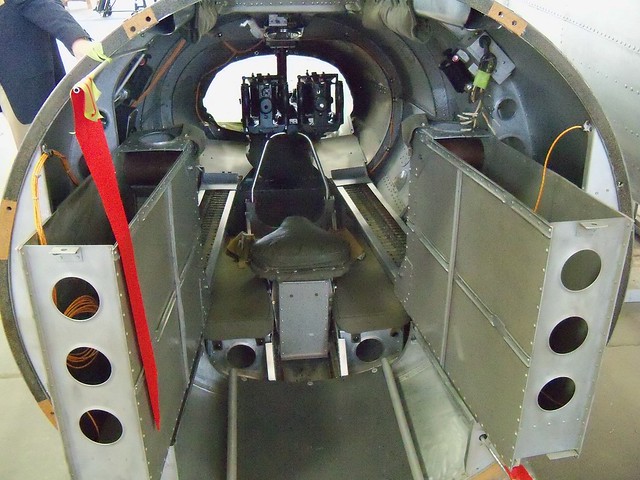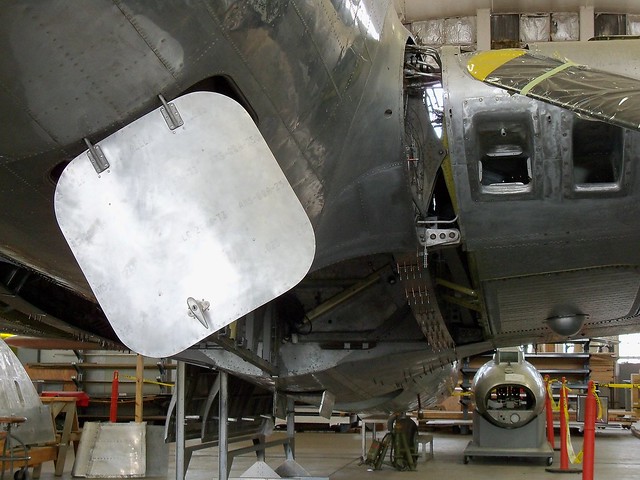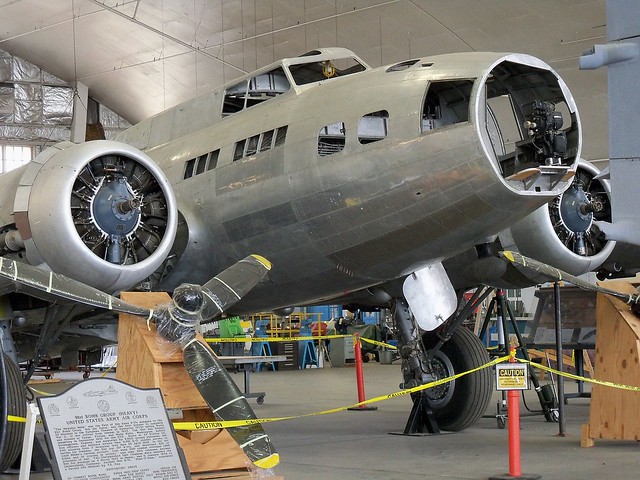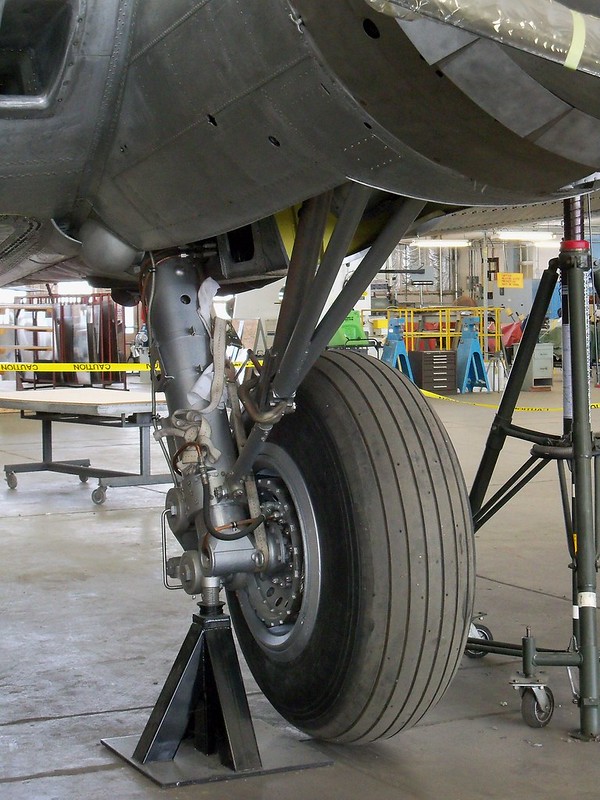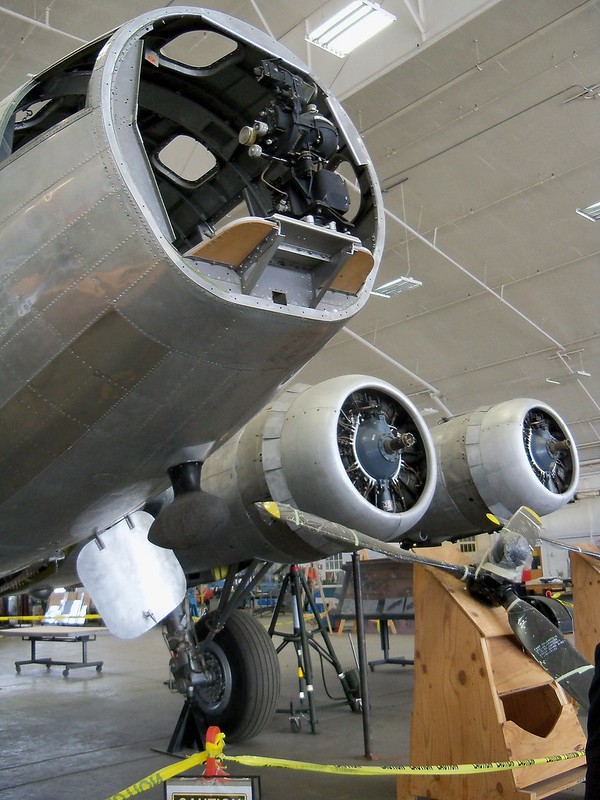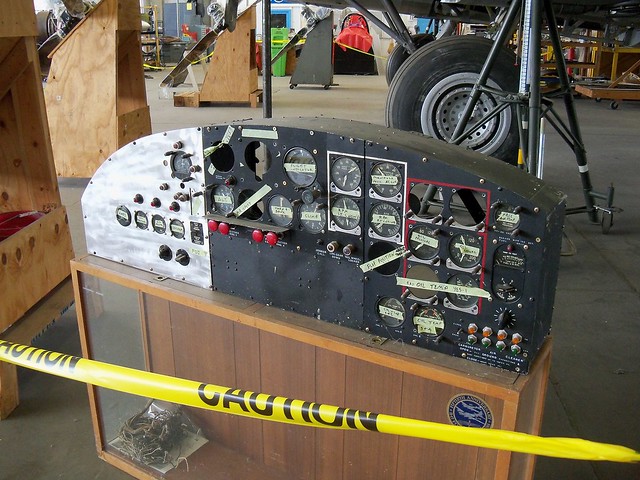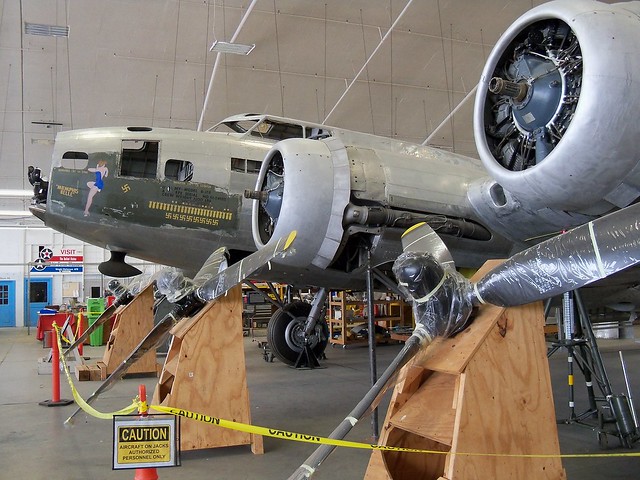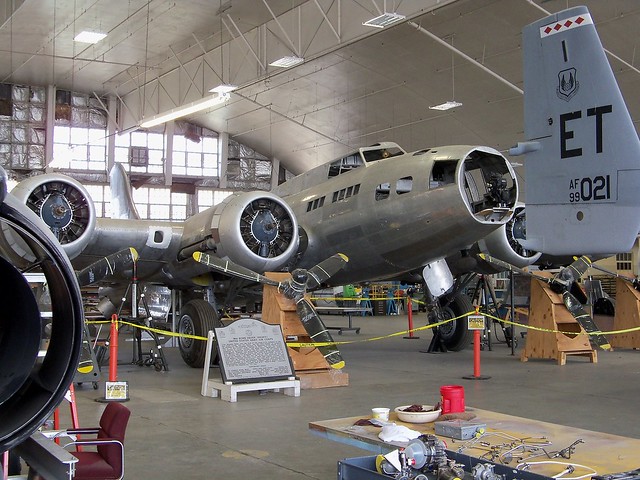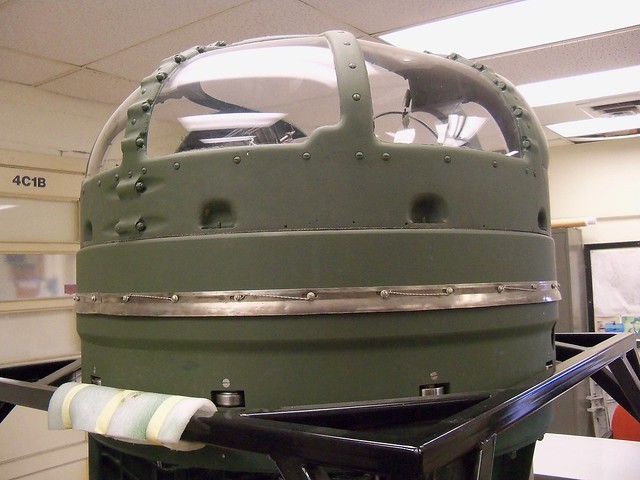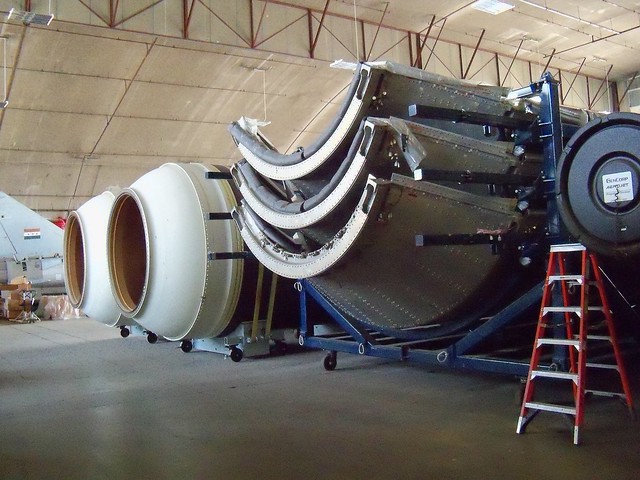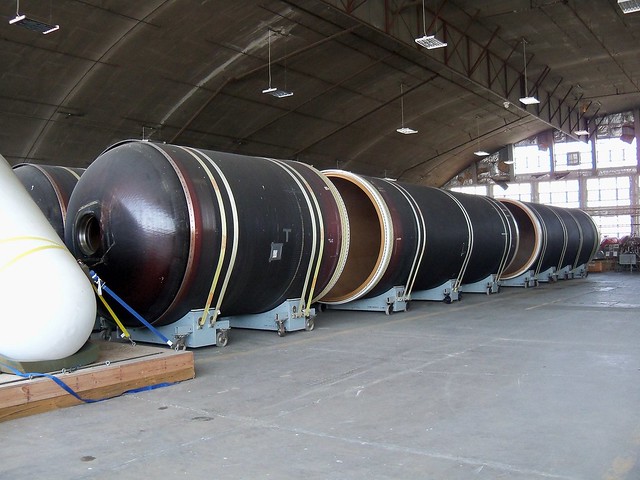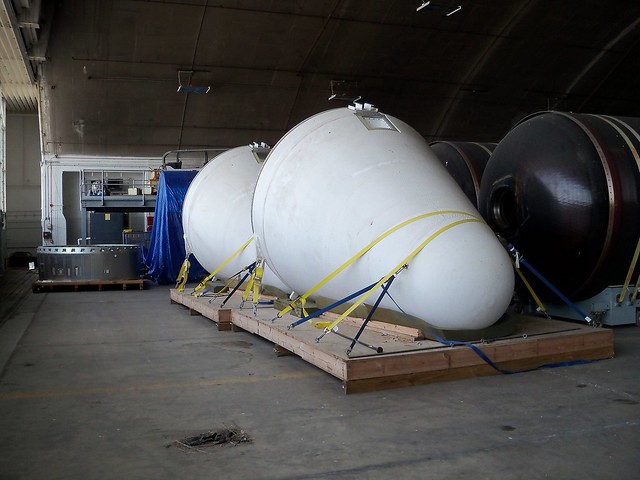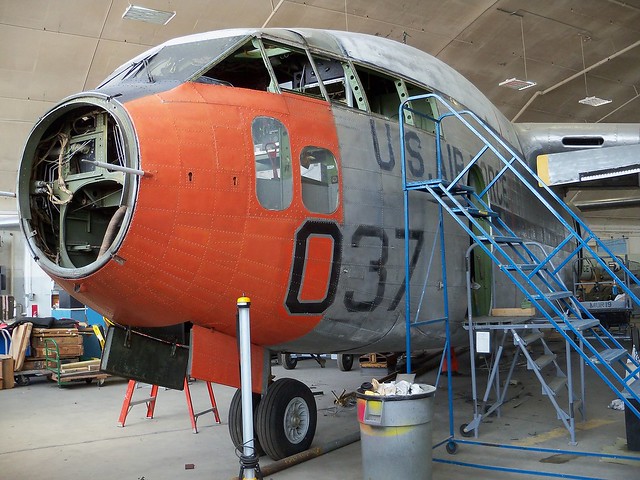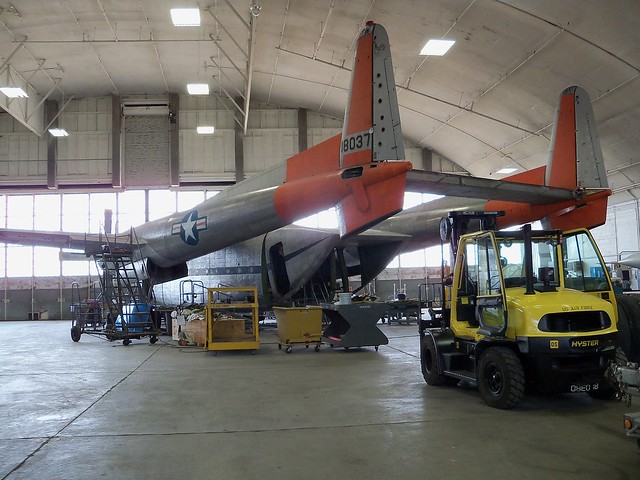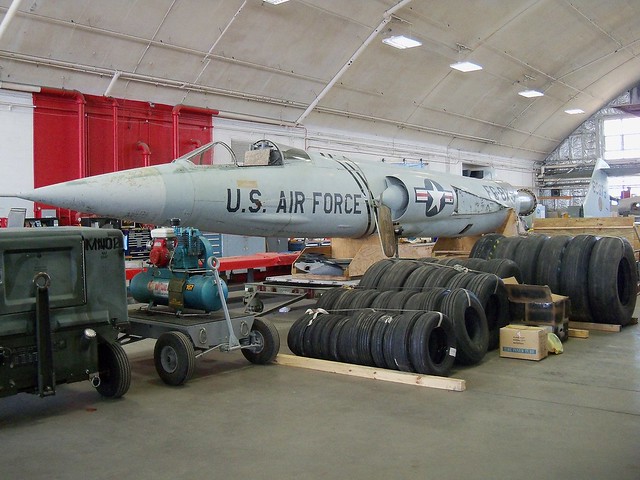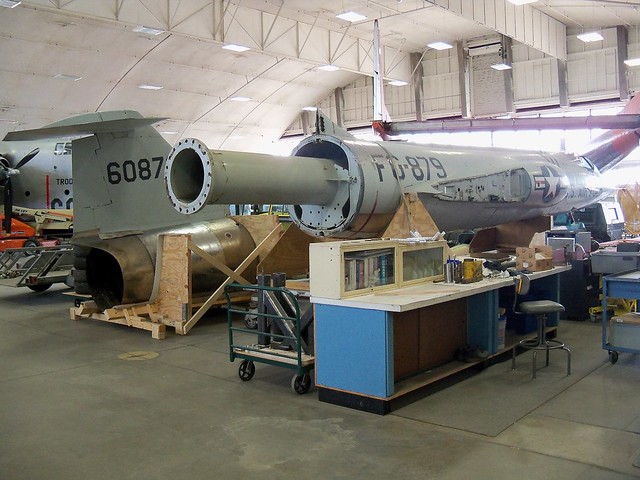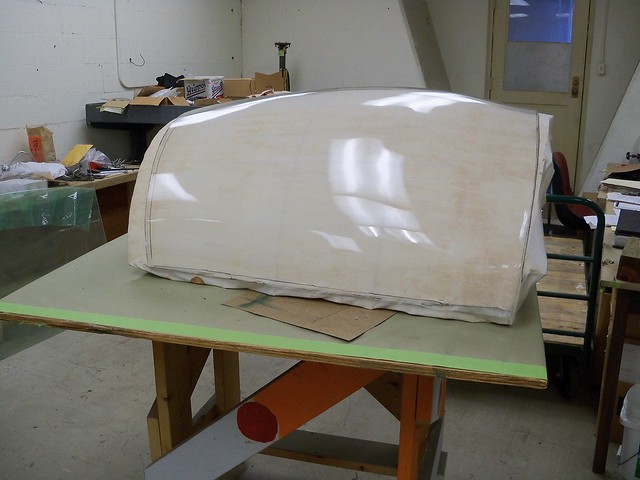I'm using a standard (non O-ring) 520 chain on the DT. I got a 120 link which usually cost less than shorter specific length chains, and with the '77 RM250B swingarm I didn't know what size I'd need anyway. The first thing is to remove the shocks and line up the front sprocket, swingarm pivot, and the rear axle. This is where the chain will be the tightest.

I moved the axle all of the way forward and see where the chain will meet with two inside links ready to be joined. 110 links (109 and the master link) is what I'll need.
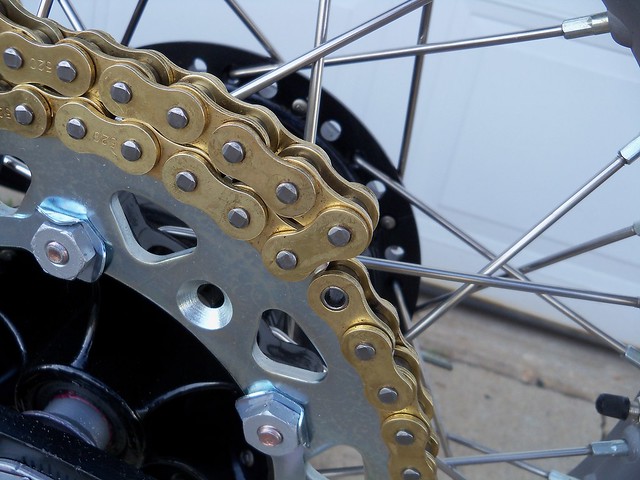
I marked the link to be cut.

I grind down the pins with an angle grinder. The part of the chain that I'll be using is covered with a towel to keep any grinding debris from getting on it.

I then pop the side plate off.

It's shortened.

I then put the chain on the bike and installed the master link.
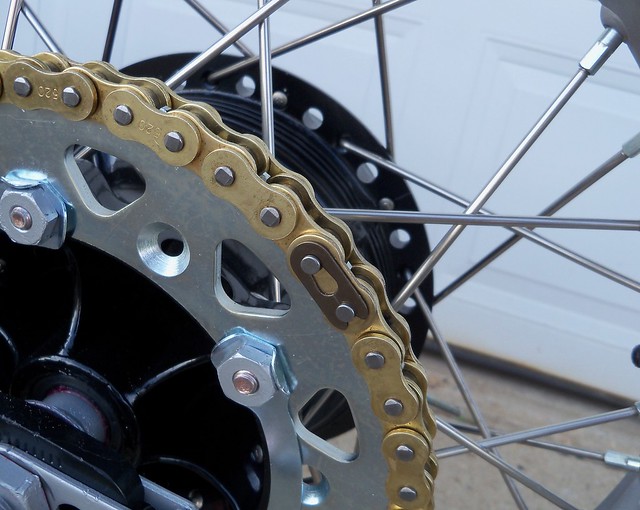
Once the chain is on then it gets adjusted. I lift the rear wheel up and down and make sure it still has a bit of slack at the tightest point. If you just adjust it with the suspension fully extended, and it binds at the tightest point under compression it can cause bearing, transmission, chain, and sprocket damage or wear.
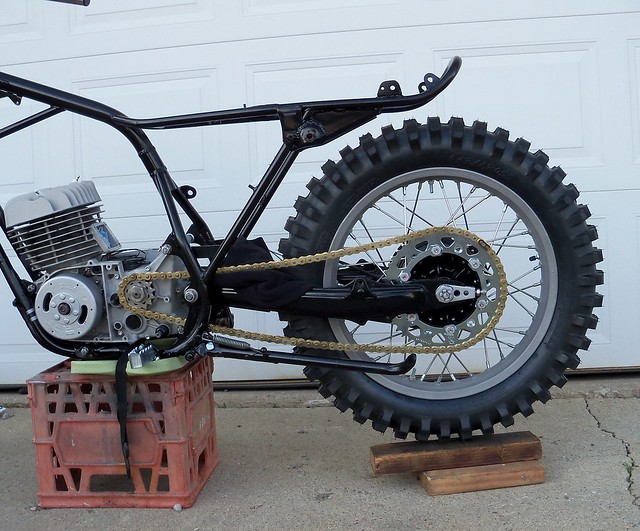
During mock-up,
I'd looked at whether I'd need a tensioner. I didn't think I'd necessarily need one, but decided I go ahead and use one. I bought one from ebay seller
trw37v olddirtbike. It is similar to an old Pro-Tec tensioner, and a very nicely made part.
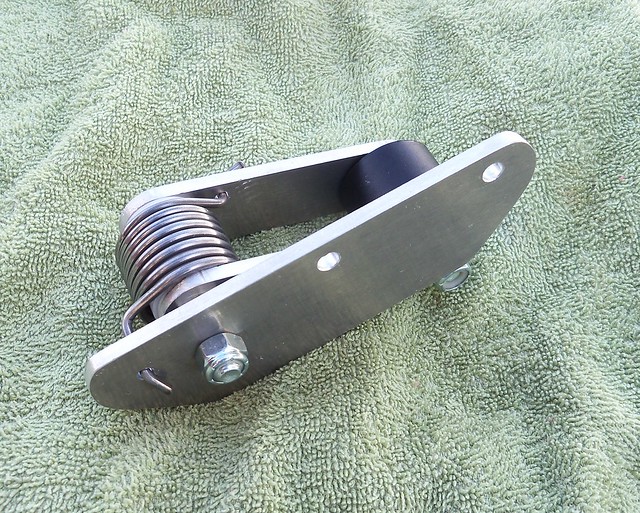
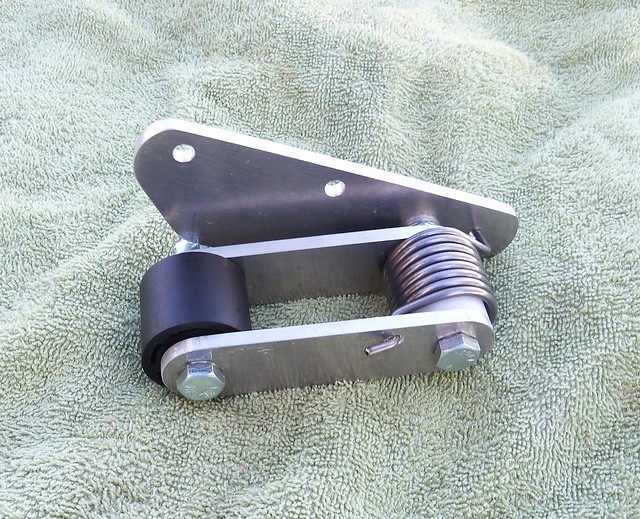
It bolts right on. You use washers to shim it so it is centered. It gets bolted on with the roller removed, than you swing the arms down and install the roller.

The shocks are back on and the chain is good to go.
